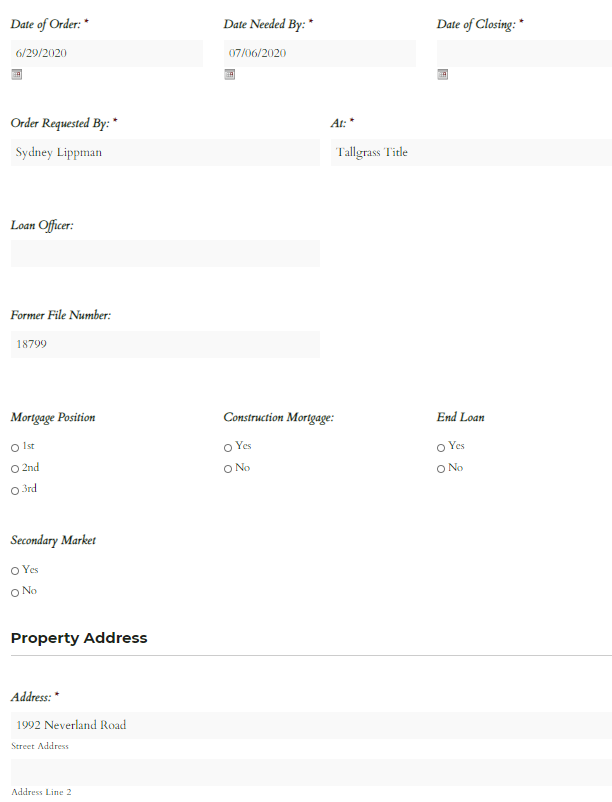As we discussed in the first volume of this series, which can be viewed here, “issues” does not refer to problems that you may find with the Commitment, but issues, such as a magazine or a publication series, about Commitments. In the first issue, we covered the generalities of the Commitment to help landscape the idea of exactly what it is (and is not) and the purpose it serves. Now let’s dive into the finer details of different aspects of the Commitment itself.
As a Whole
As we discussed previously, “the Commitment Jacket is general, non-specific coverage that is issued from an insurance underwriter (the Insurance Company).” The term “jacket” refers to the pre-digital era, before commitments and policies were computer-generated. Everything was simply put into a paper folder with inserts. Nonetheless, the name still carries on today.
The Jackets from each insurance underwriter are fairly standardized across the board from the American Land Title Association (ALTA) and contain a notice, commitment to issue policy, and conditions.
The Nitty-Gritty
Or in other words, the jacket is the part you usually just scroll over to get to the schedules. But here is a brief summation of what each of the 3 parts is stating.
The Notice lays out what the Commitment is and what it is not. For instance, it is not an Abstract of Title, condition of Title, legal opinion, or title policy. Rather, just a Commitment to issue Policy.
The Commitment to Issue Policy section may sound redundant, however, this is the Insurance Underwriter’s obligation specifically to issue the Policy subject to the Notice, as stated, and the Commitment Conditions, Schedule B I – Requirements, and Schedule B II – Exceptions. Also included in this section is a statement giving the life of the Commitment from the underwriter. Some insurance underwriters give different lengths of time for the requirements under Schedule B I to be met before the Commitment is no longer valid. If a Lender is involved, they may have their own stipulations on how long they will accept the Commitment.
The Commitment Conditions will give definitions of terms that are pertinent to understanding the Commitment, all the components necessary to make the Commitment valid, the Company’s right to amend, and liabilities from the Company to the proposed insured. Some insurance underwriters will have more conditions than others but will include a vast majority of the same.
As you can see, the Commitment Jacket provided contains general provisions and agreements of the relationship between and from the Insurer and the proposed Insured. A Commitment Jacket will always be provided from Tallgrass Title on every transaction that we are insuring and issuing a Policy.
Be sure to keep an eye out for the next blog in the series, as we will be covering the components and aspects of the Commitment issued by the Title Company. You, too, can be Title Commitment literate and savvy!
And even if after reading this you still need clarity and have further questions, please don’t hesitate to reach out and get ahold of us. Title is what we do!











